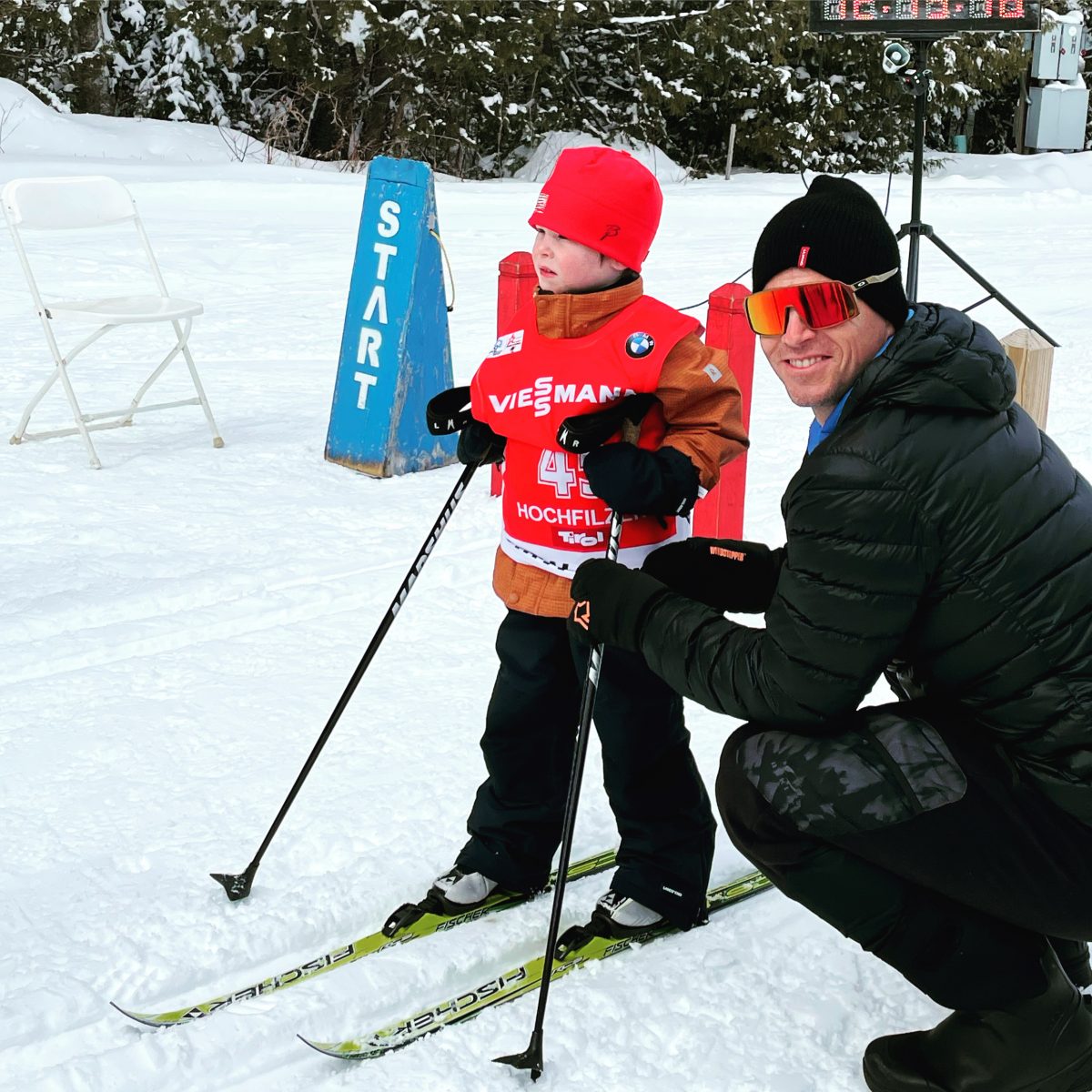Former Olympian, Current Panther Kris Freeman Recounts Trailblazing Career
Luke Young
He/Him
Managing Editor
10/25/23
Kris Freeman is a former Olympic cross country skier and runner, and currently attends Plymouth State University as a junior in the psychology program. As an Olympic athlete, he’s had to organize and conduct his life in a way the majority of us could not. As a fellow student, there were many questions I had about his athletic career.
How did your preparations for competitions evolve over time?
Pre-diabetes was a lot easier, and I was also a lot younger, so I was less methodical, but for the majority of my professional career, I have had Type-1 Diabetes. There was a lot of blood sugar management and trying to time things perfectly when I injected. I also did a lot of visualization of the courses, and meditation to relax. Meditating was also a way for me to control my blood sugar by keeping the blood sugar raising stress hormones away. Other than that, I did most of the things elite athletes do. I focused on the race, made sure all my equipment was working, and guaranteed I was rested.
What did the Olympic Games mean to you?
My first, I had a pretty sweet deal at the University of Vermont. I was on a full athletic scholarship and had a great ski season. My freshman year I had won a US National Championship, and was the first American freshman to win both Eastern championship races for the NCAA.
Having the Olympics in Utah in 2002 was incredibly tempting to train full-time for, because I thought I had a real chance to qualify. I made the decision to leave college, and basically walked away from a full ride to chase the Olympic dream, so it meant a lot to me. I’d wanted to go to the Olympics since I started racing when I was 7 and didn’t really know what the concept was.
How did you feel when you placed first in the 30 kilometer classic race in 2003?
I was very happy with that race. Everything came together for me there, so I felt fantastic. My skis were running very well that day, and it was the first time an American had ever won a world championship in cross-country skiing. I proved that we could do it and it ended up being a catalyst for where the program is now. The twenty years before that we were really bad. A good Olympic finish was somewhere in the mid-thirties, and now we are regularly in the top 5 and take medals occasionally.
What is your personal greatest achievement?
That’s a tough one. I was diagnosed with Type-1 diabetes in the year 2000. At the time, no one had ever competed in the Winter Olympics or an Olympic level endurance sport with type-1. I consulted two endocrinologists and they both told me that it couldn’t be done. I didn’t agree so I did my own research and discovered a rapid acting insulin that had only been on the market for a few years, and decided to try it. I found a doctor who was a US team physician willing to work with me. We got lab time with the US Ski Team where I would rollerski on treadmills to figure out the dosage in a safe environment.
When I made the Olympics in 2002, it caught the attention of Eli Lilly pharmaceutical who made it, and they began to sponsor me as an ambassador. They sent me to summer camps for kids with diabetes and I visited them all around the country. I’d tell them my story, and they would always nod along to the part where the doctors would tell them they couldn’t do something.
[But] 17 years later, after visiting hundreds of these camps, I told the same story … and at the end the kids would say, “Really? The doctor would say that?” I believe I helped make that change in perception of what a person with diabetes can do. I’m not going to take all the credit for it, but the fact is that it did change over time and I was part of that.How do you manage your time now that you’re out of the Olympics?
Things are pretty busy now. I have a five year old son named Axel, and I’m married and live up in Campton. I still do public speaking for the diabetes industry and I do private work as well. I’m still competing at a semi-pro level in both ski racing and triathlon. So I still train quite a bit in addition to going to class.

What are your goals for the future?
I competed as a cross country skier for 18 years and after competed in IRONMAN pro triathlons for four more. At the end of that I realized that to do anything that I actually wanted to do, besides being an athlete, I had to go back to school. After spending 22 years doing exactly what I wanted to do, I never want to go and have to do anything. So I want to go to school and get the job that I want. And I want to do that job and enjoy it. So after I get the bachelor’s degree, I will most likely go on and get a master’s.
Despite being a pro athlete, Freeman comes across as a regular guy who’s going back to college to get his degree. If you would like to contact him, his email is kris.freeman@plymouth.edu, or find out more about him through his wikipedia page.